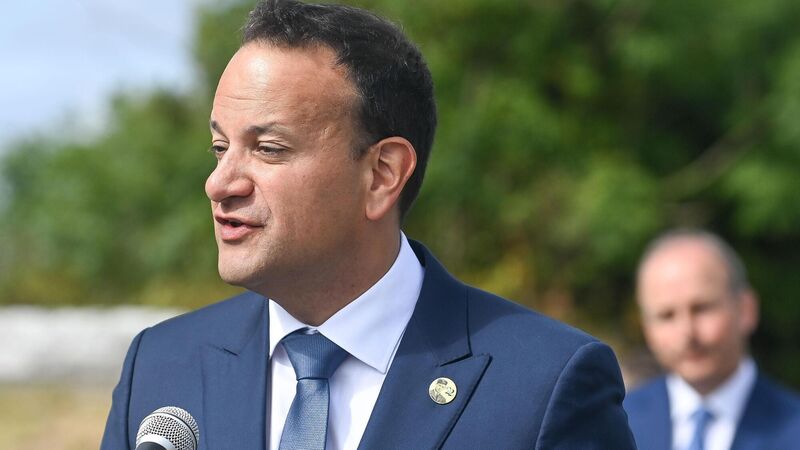Tánaiste dismisses claims rise in minimum wage will see workers' hours cut

Employment Minister Leo Varadkar has announced an increase in the minimum wage. Picture: David Keane
Tanáiste Leo Varadkar has dismissed suggestions that workers will see their hours cut because businesses can’t afford to pay an increase to the national minimum wage from next year.
Cabinet signed off on the recommendation brought by Mr Varadkar from the Low Pay Commission which will see an increase of 80 cent - bringing the minimum wage to €11.30 per hour.














